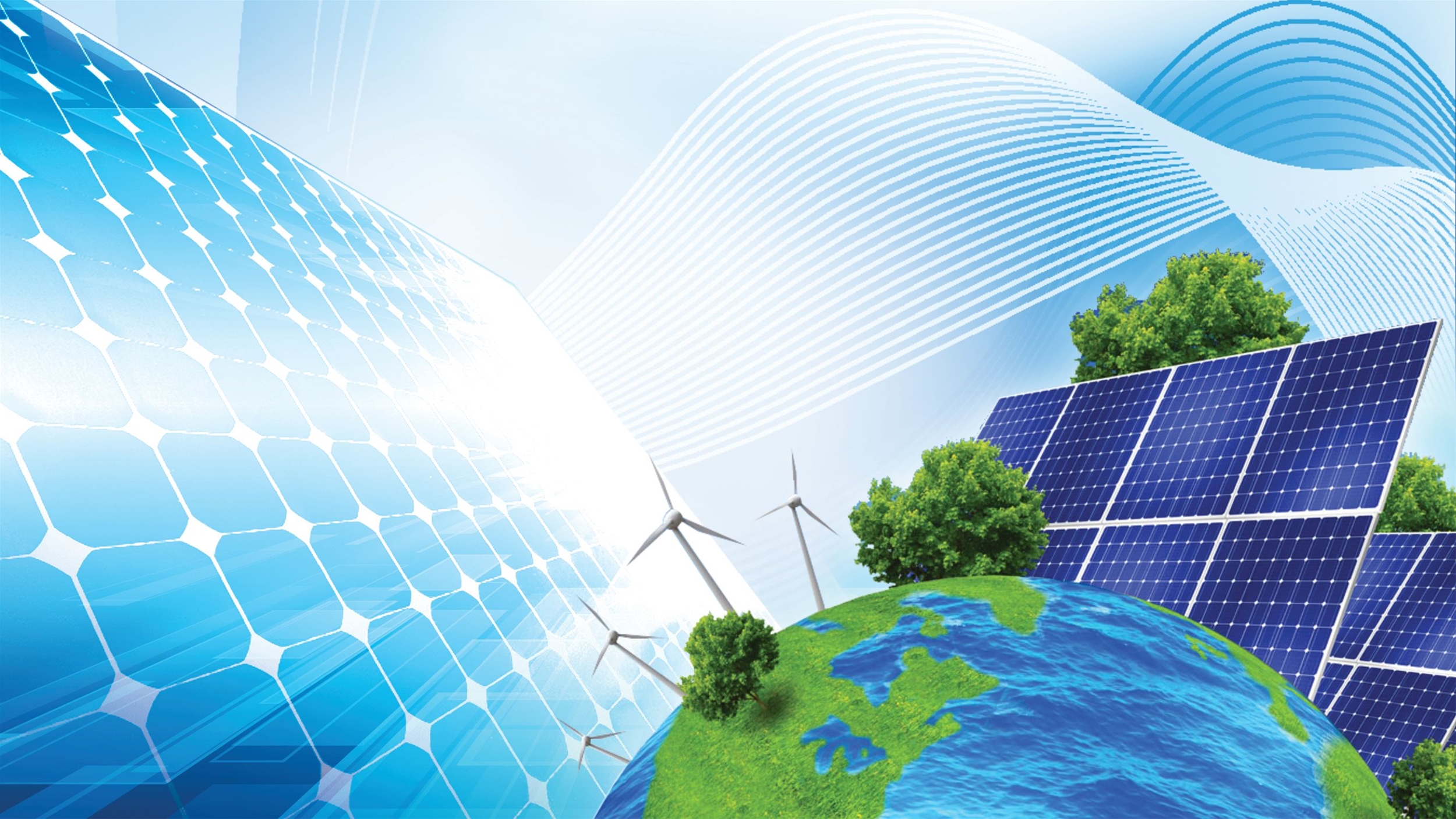In recent years, the global movement towards achieving a sustainable future has seen significant progress. One of the key strategies in the fight against climate change is the concept of "Net Zero". As businesses and individuals strive to reduce their carbon emissions, the focus on reaching the Net Zero goal has become increasingly crucial.

What is Net Zero?
Net Zero refers to the balance between the greenhouse gas emissions released into the atmosphere and the amount of emissions removed from it. Achieving the Net Zero goal involves reassessing the quantity of emissions generated through human activities and matching it with equivalent measures to remove or offset carbon. The ultimate objective is to achieve an overall environmentally neutral state.
Why is Net Zero important?
At the COP26 conference in 2021, Prime Minister Pham Minh Chinh pledged to achieve net-zero for Vietnam by 2050. Currently, 137 countries, representing 88% of the world's total emissions, including major emitters like the United States, China, and India, have committed to or are aiming for net-zero targets. Each country has set its own timeline to reach this goal, with the majority aiming for 2050, a few exceptions targeting 2035, and the latest goal set for 2070.
For Vietnam, Prime Minister Pham Minh Chinh committed to achieving the net-zero goal by 2050 at the conference. Specifically, after the Paris Agreement on climate change, Vietnam committed to mitigating greenhouse gas emissions in its Nationally Determined Contributions (NDC) in 2015. According to the NDC 2020, Vietnam set targets to unconditionally reduce greenhouse gas emissions by 9% (using domestic resources) and conditionally by 27% (with international support) by 2030 compared to the Business-As-Usual scenario.
The NDC 2020 estimated the total greenhouse gas emissions to be 528.4 million tons of CO2 equivalent in 2020 and 927.9 million tons of CO2 equivalent in 2030. Among the main sectors contributing to emissions according to the IPCC classification - energy, agriculture, land use, land-use change and forestry (LULUCF), waste management, and industrial processes - the energy sector has the largest emissions, accounting for about 65.8% of total greenhouse gas emissions in 2020 and estimated to increase to 73.1% in 2030.
In the energy sector, 60% of the emissions in 2020 came from the energy industry - mainly from electricity production. Therefore, reducing greenhouse gas emissions in electricity production is crucial for Vietnam to meet its commitments in the NDC and achieve the new net-zero target.
As of 2020, the total installed capacity of the national power system reached about 69.3 GW, with renewable energy sources accounting for 55.3% (hydropower 30% and non-hydro renewable energy 25.3%); fossil fuels accounted for 44%, and the remaining 0.8% was imported electricity. The draft of the National Power Development Plan VIII (PDP8) projected that the total installed capacity would more than double to 138 GW by 2030 and reach 276 GW by 2045. However, the energy source structure would not change significantly.
According to this draft, Vietnam will still mainly rely on fossil fuels (about 42% of total capacity) to meet the rapidly increasing electricity demand by 2045.
The urgency of achieving Net Zero stems from the alarming consequences of climate change. Global temperature rise, extreme climate events, and loss of biodiversity pose significant threats to our planet and all living species on it. By promoting Net Zero, we can significantly reduce our contribution to climate change and protect the environment for future generations.
Strategies for Implementing Net Zero
Renewable Energy Sources: Transitioning from fossil fuels to renewable energy sources is a crucial step towards achieving the Net Zero goal. Solar, wind, hydropower, and geothermal energy are environmentally friendly alternatives that can sustainably power industries, businesses, and households.
Energy Efficiency: Emphasizing energy efficiency measures can significantly reduce energy consumption and the corresponding emissions. Implementing efficient energy technologies and practices in construction, transportation, and manufacturing processes can lead to significant carbon savings.
Carbon Offsetting: Despite efforts to reduce emissions, it may not always be feasible to eliminate them entirely. Carbon offsetting involves investing in projects that remove or reduce greenhouse gas emissions from the atmosphere, such as reforestation or carbon capture technologies.
Sustainable Practices: Encouraging sustainable practices in agriculture, waste management, and consumer behavior can contribute to achieving the Net Zero goal. Sustainable agriculture, for example, promotes carbon sequestration in the soil and reduces the use of harmful chemicals.
How do businesses and individuals play a role?
Achieving the Net Zero goal requires collective efforts involving both businesses and individuals. Companies can set ambitious carbon reduction targets, implement sustainable practices in their operations, and support renewable energy projects. Individual actions, such as reducing personal emissions, adopting environmentally friendly lifestyles, and advocating for climate change policies, also play a significant role in the global transition towards the Net Zero target.
Conclusion
Implementing Net Zero strategies in our daily lives and businesses is not only crucial for combating climate change but also for building a sustainable future. By promoting renewable energy, enhancing energy efficiency, offsetting carbon emissions, and adopting sustainable practices, we can shape a greener future and robustly confront climate change.
Giant Barb, as a comprehensive partner in energy optimization and sustainability, takes pride in providing services such as carbon footprint auditing, risk assessment, green solutions, and market linkages to support businesses in advancing a sustainable future and establishing a green and professional image in the market.
We understand the importance of harnessing renewable energy as a key to minimizing the impacts of climate change and building a sustainable world for the future. With this vision in mind, we are committed to delivering innovative and effective solutions to reduce carbon emissions and enhance energy efficiency for businesses.